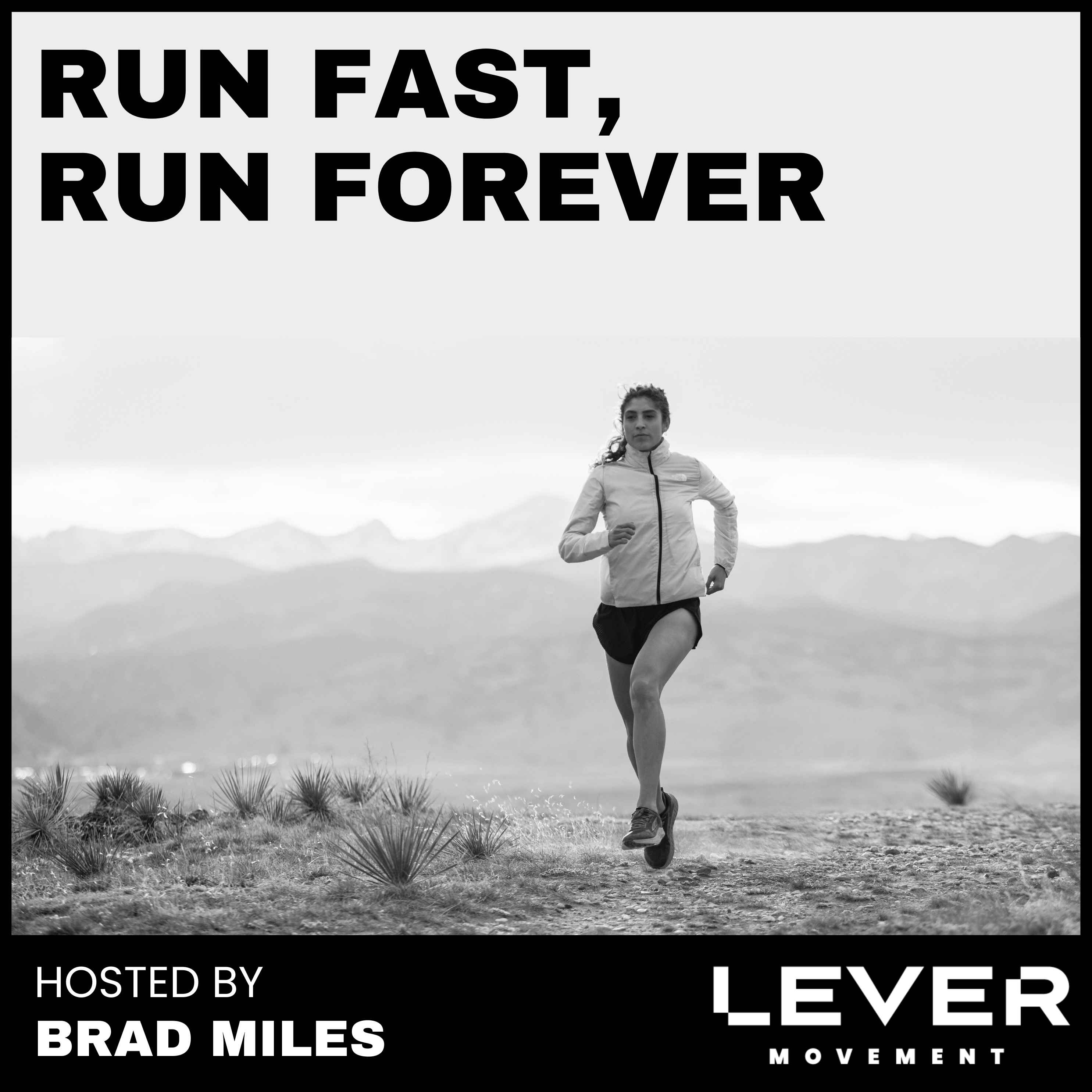Consistency: What it takes to PR
Description
Sarah Svensk’s transition from doctor to triathlete illustrates her remarkable resilience and adaptability, overcoming substantial challenges to excel in a completely new field. Starting her triathlon journey in 2015 in Germany, Sarah quickly turned professional despite having no traditional background in endurance sports.
In this episode, Sarah discusses overcoming recurring injuries, notably stress fractures, and how adjusting her training and recovery strategies was crucial. She highlights her record-setting performances at Ironman Barcelona and Ironman Cozumel, emphasizing the role of rigorous training, expert coaching, and the Lever Movement system in maintaining her competitive edge and managing her recovery.
Sarah shares her ambitions for the upcoming season, including competing pain-free and aiming for the World Championships. She offers insights into managing bone stress injuries and balancing training with recovery, providing valuable advice for athletes facing similar setbacks.
Quotes
“There was an overlap when I was trying to balance working 50% and being a triathlete, but it was hard. It’s easy to get the training in, but to get the recovery and all the other necessary stuff, it’s very hard to balance with a day job, actually.” (02:05 | Sara Svensk)
“In the beginning, you get devastated when you get an injury. In triathlon, there are so many other things you can do. If you have these bone reactions, then you can usually swim and usually bike, so you can develop that side of the sport. But then mentally, it’s super hard and you lose the trust in your body… It’s just like regaining the trust in the body again. But then I’m also surprised because I always heal. The body’s amazing.” (16:03 | Sara Svensk)
“For the Mallorca race now, I didn't have the biggest build for the run. I think the longest run I did was 12k, but I had the lever. And I think that was a game changer for me, because then I could add on some mileage. First and foremost, I could start the run build a lot more secure and with lower impact. And then I could add some mileage and actually a little bit of speed.” (26:13 | Sara Svensk)
“The best thing is that almost all the stress fractures heal. And I think just stay calm in that. Take time off. Don’t stress about it. It will heal. Just give it time.” (39:45 | Sara Svensk)
Links
Connect with Sara Svensk:
https://www.instagram.com/svensksara/?hl=en
https://www.instagram.com/levermovement/
https://www.instagram.com/bradmiles/
https://levermovement.com/
Podcast production and show notes provided by HiveCast.fm
More Episodes
“Gait retraining has always been a significant part of the injury rehab space I’ve been involved in as a kinesiologist and osteopath. You can do great manual work on the table and get things moving the way you want, but if you return to the same patterns that caused the problem in the first...
Published 11/21/24
Published 11/21/24
“How can we kind of be a little cutting edge? How can we find something new and innovative to help push us forward, help push the program forward?” Coach JT Klopcic, the associate head coach of cross country and track and field at Goucher College, lives by these questions as he integrates new...
Published 11/06/24


